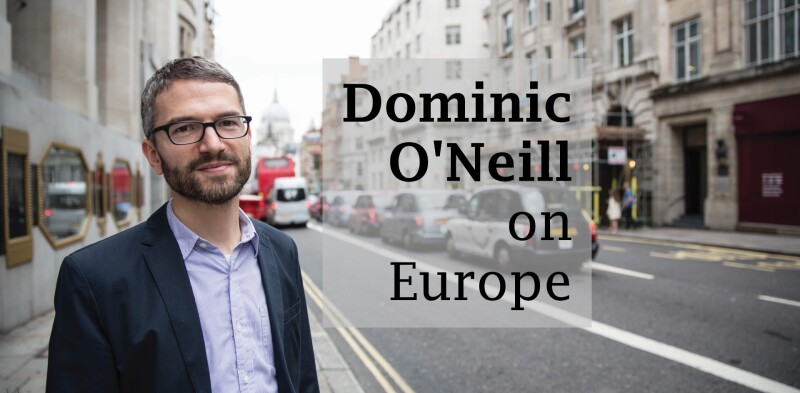
“Greek Renaissance at last” proclaims a research note on banks and the economy from Bank of America this July.
It is the sort of gushing missive, complete with allusions to early modern philosophy and ancient Mediterranean history, that immediately sparks scepticism.
Greek banks are indeed back on the map for big international institutional investors, just as the country's non-performing loan market is attracting more interest too.
The likes of BlackRock and Norway’s sovereign wealth fund participated in yet another post-crisis capital raising by Piraeus Bank in April, which Piraeus followed by issuing Greece’s first additional tier-1 bond issue.
Most recently, Alpha Bank completed an €800 million equity raising at the start of July.
Aside from the sector’s low valuation – a 70% discount to book value – the key lure is an acceleration of bad-debt sales this year and, hopefully, in 2022.
Thanks to the success of the state’s Hercules Asset Protection Scheme (HAPS), Bank of America notes, all four big Greek banks have come up with plans to cut sector-wide non-performing exposures from 30% to single-digit proportions this year, and to about 5% of their loan books in 2022.
Herculean task
In early July, Greece’s parliament voted through a second €12 billion tranche of HAPS guarantees on the senior tranches of bad-debt securitizations.
Bankers
